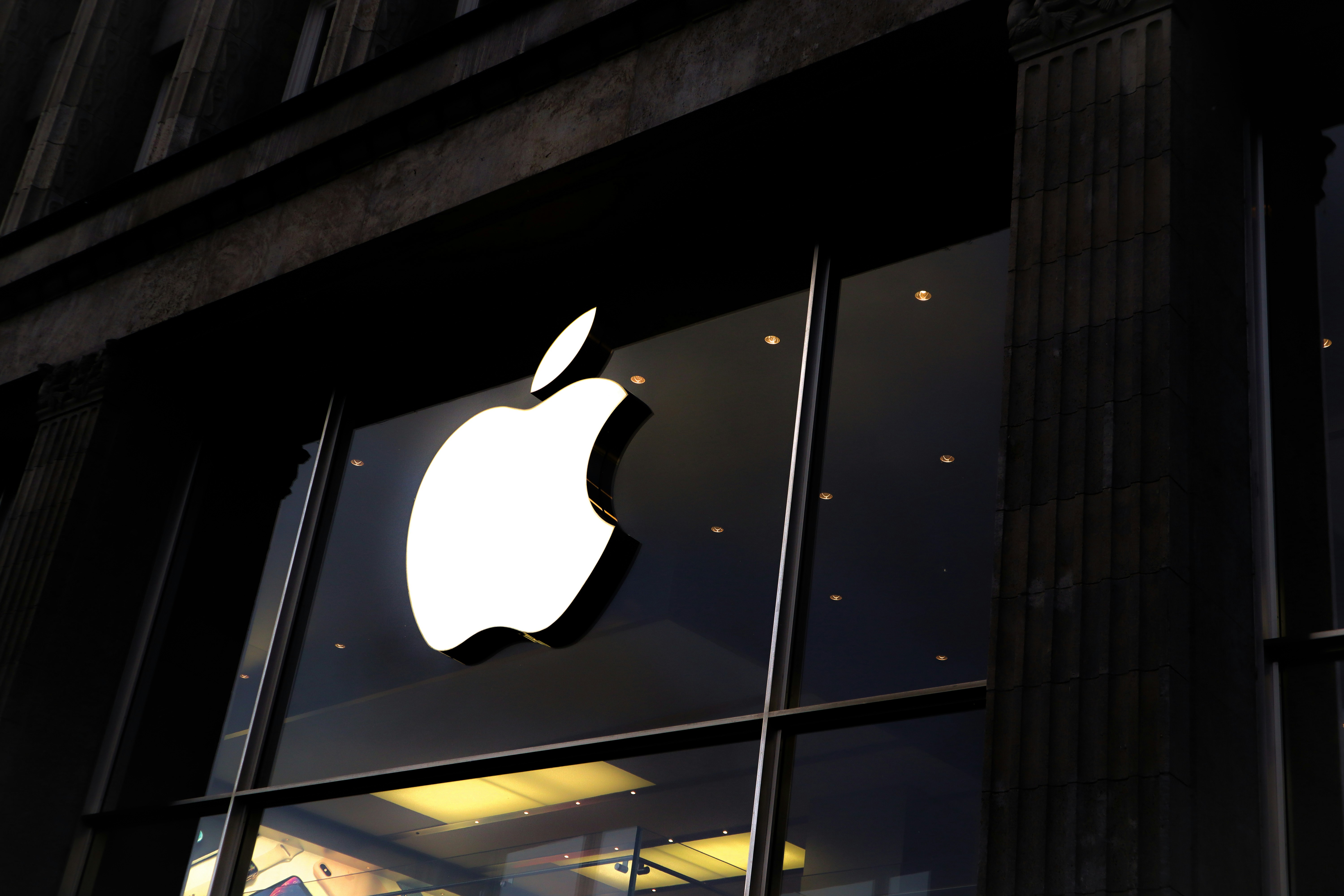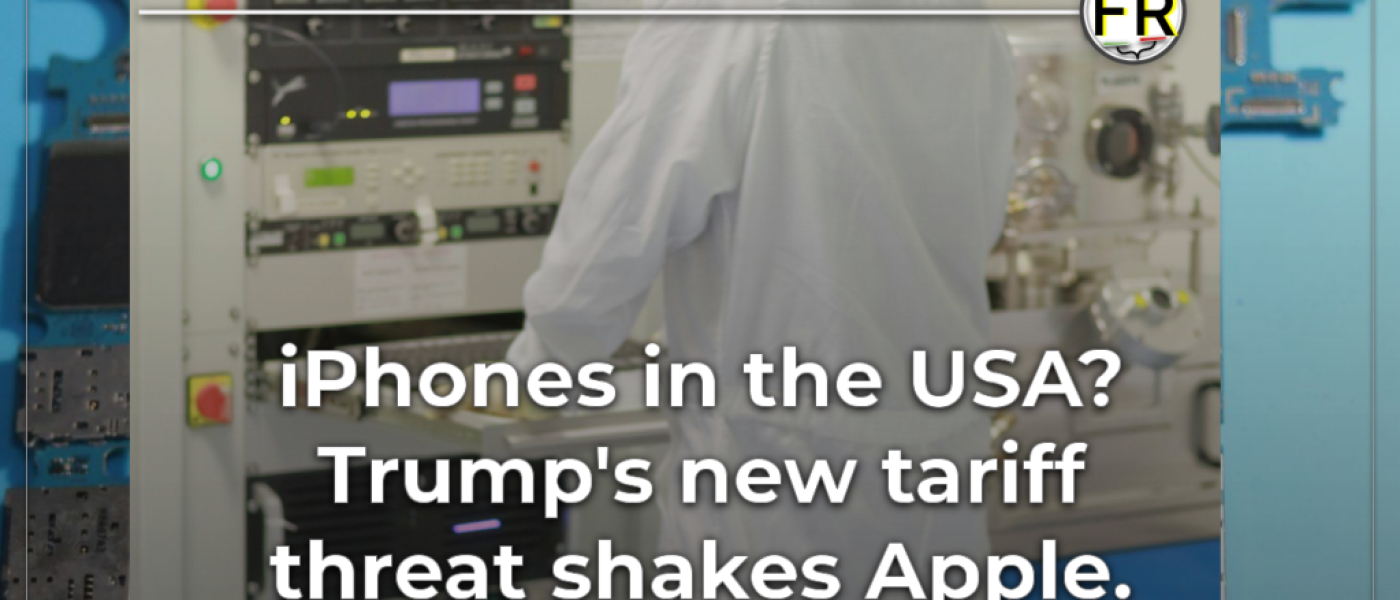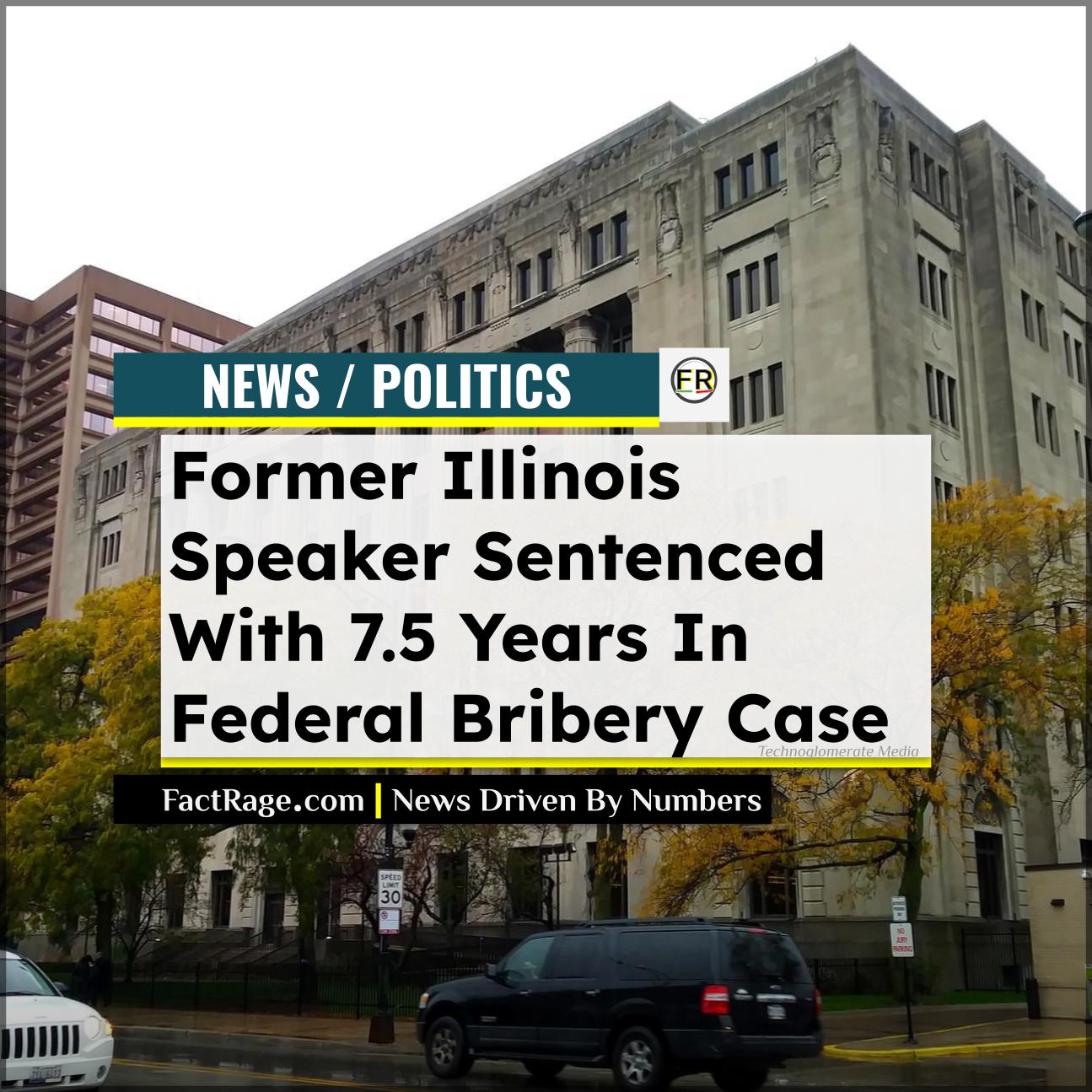WASHINGTON DC – President Donald Trump has issued a new threat to impose a 25% tariff on Apple if the tech giant does not manufacture its iPhones in the United States. The warning, delivered via his Truth Social platform, underscores a renewed focus on domestic manufacturing and trade protectionism.
- Trump’s Ultimatum: Donald Trump threatened a 25% tariff on Apple if iPhones aren’t made in the U.S., reiterating his “America First” stance.
- Market Jitters: Apple’s stock saw an initial dip following the announcement, reflecting investor concern over potential manufacturing upheaval and cost increases.
- Feasibility Doubts: Industry experts question the realism of fully shifting iPhone production to the U.S. due to the complex global supply chain and massive logistical challenges involved.
Trump explicitly stated he had “long ago informed” Apple CEO Tim Cook of his expectation that iPhones sold in the U.S. be built domestically, “not India, or anyplace else.” This comes as Apple has significantly expanded iPhone production in India, a strategic move to diversify its supply chain away from China.
Why the Threat?

Trump’s pronouncement aligns with his consistent “America First” economic agenda, which prioritizes bringing manufacturing jobs back to the U.S. and reducing reliance on foreign supply chains. His frustration appears to stem from Apple’s ongoing diversification efforts, particularly its increased investment in Indian manufacturing, which he views as counter to his goal of U.S. production.
Impact on Apple Stock
Following Trump’s statement, Apple stock experienced a dip in premarket trading. Early reports indicated a decline of around 3-4% in Apple’s futures, reflecting investor concern over potential increased costs and disruptions to the company’s global operations and profit margins if such tariffs were enacted. The broader market, including the Nasdaq, Dow Jones, and S&P 500 futures, also saw slight declines.
Timeline and Realism

Trump’s statement did not specify a concrete timeline for the imposition of the tariff. However, his previous actions indicate a willingness to implement such measures swiftly if he were to regain office.
The realism of Apple fully shifting iPhone manufacturing to the U.S. is widely debated by industry experts. The current global supply chain for iPhones is incredibly complex, involving approximately 2,700 components sourced from over 700 manufacturers worldwide. While some final assembly and specific components are made in the U.S., the vast majority of the supply chain, particularly for intricate electronics, is concentrated in Asia, notably China and increasingly India.
Replicating this intricate ecosystem in the U.S. would require immense capital investment, significant time, and the development of a highly specialized workforce and supporting infrastructure that currently does not exist on the necessary scale. Experts suggest that a “Made in USA” iPhone would likely be significantly more expensive for consumers and would present formidable logistical challenges for Apple.
Reaction
Neither Apple nor its CEO Tim Cook has issued an official public response to Trump’s latest tariff threat. The public reaction is mixed, with some supporting the push for domestic job creation, while others express concerns about potential price increases for consumers and the feasibility of such a drastic shift in manufacturing. The threat adds another layer of uncertainty for multinational corporations navigating geopolitical tensions and evolving trade policies.











